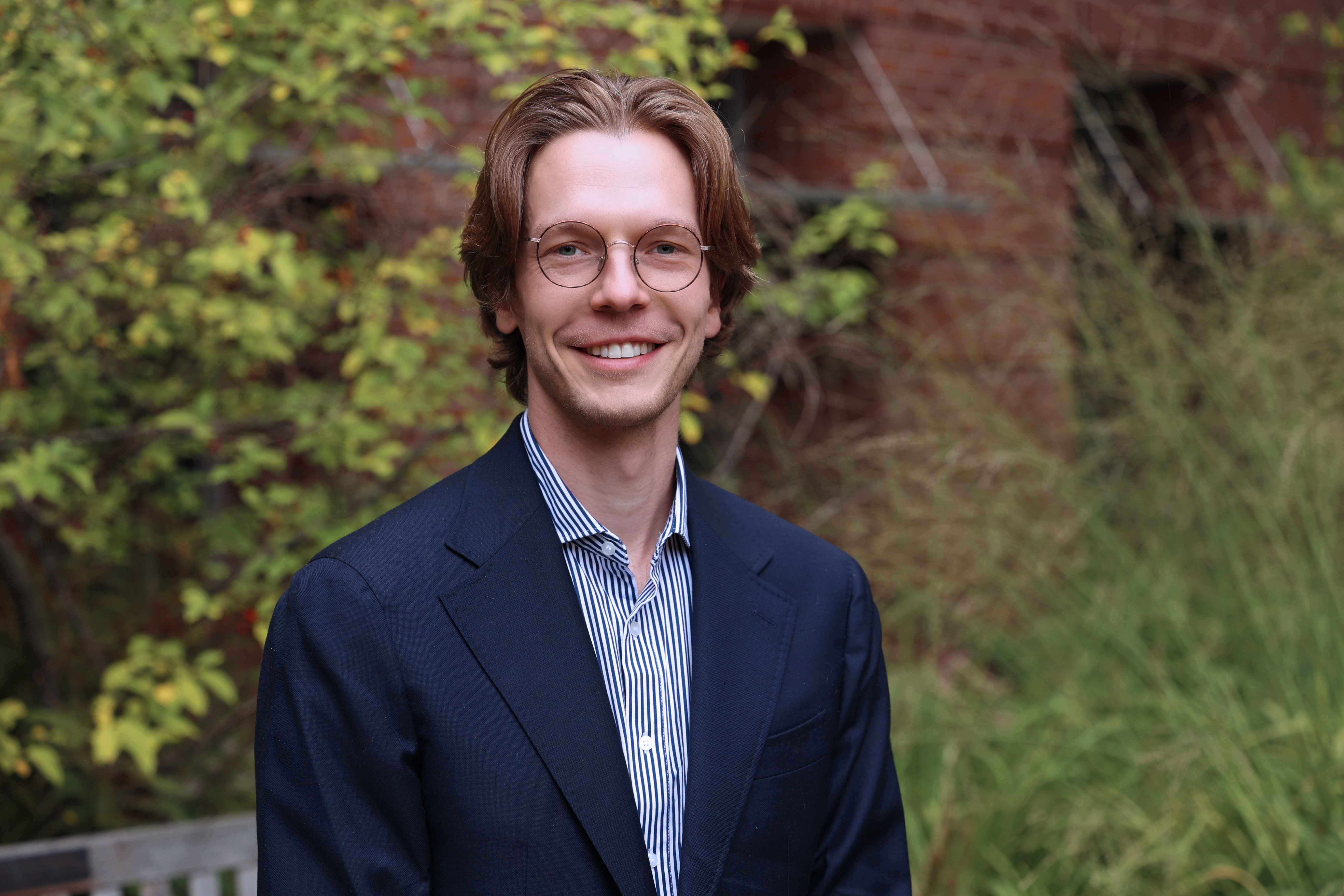

I am an Assistant Professor of Management at the University of Oregon. My research studies how individuals build and rebuild careers across labor market transitions, including self-employment and layoffs. A central focus of this work is entrepreneurship in emerging economies, where I examine earnings dynamics and gender inequality in microenterprise. In complementary research, I investigate how competitive environments shape organizational partner choice and performance.
Before joining the University of Oregon, I received my Ph.D. from Yale University in Organizations and Management, M.Sc. in Sociology from the University of Oxford, and B.Sc. in Business Administration and Sociology from Copenhagen Business School.
[1] ''Competitive overlap as a signal in expert partner choice: Evidence from patent law firm selection''
(with Balázs Kovács and Michelle Rogan)
Strategic Management Journal, 2025, 46(7): 1557-1605
https://doi.org/10.1002/smj.3700
▸ Open abstract
[1] ''Good jobs, bad jobs, and the long-term career consequences of self-employment''
under review
[2] ''Entrepreneurship as the safe option''
(with Olav Sorenson)
under review
(older working paper)
[3] ''Women’s Work in microenterprise: Automating the pre-scientific foundations of theory'' (with Natalie Carlson)
[4] ''Layoffs and careers'' (with Tristan Botelho)